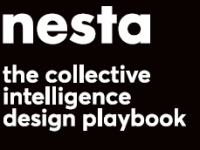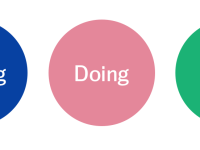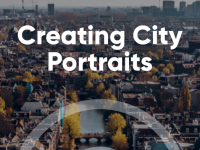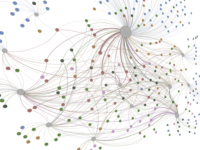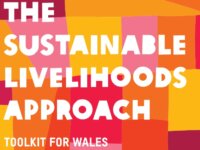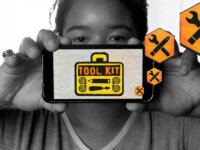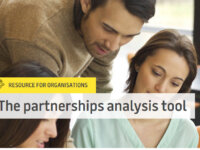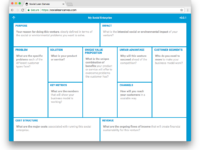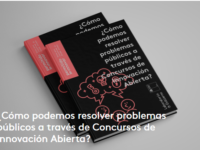Discipline Or Practice: Social Innovation
The Collective Intelligence Design Playbook, created by Nesta, offers a wide range of tools, tactics and methods to engage collective intelligence to solve societal challenges. Through practical instructions and case studies, the Playbook presents ways to orchestrate diverse groups of people, data and technology.
It is designed to be applied by teams or groups and features an introduction to help users understand the scope and potential of collective intelligence, practical guidance to sustain…
A living compilation of social innovation lab theory, templates, and tools to help address complex system problems and design a social innovation lab. This web-based resource includes sections Seeing, Doing, and Being, each with links to additional guidance, tools, and videos.
Creating City Portraits is a methodological guide for downscaling the Doughnut, and Doughnut Economics (based on the book and model of the same name), to the city and turning it into a tool for transformative action. This guide describes the methodology and introduces principles to consider at the city level as well as the interconnections between different scales, from household to global, to transform a city to a thriving and also ecologically and socially responsible one. The guide focuses on…
The handbook follows a co-design logic in terms of process, principles and practical tools to support practitioners in the design and implementation of system mapping processes by highlighting the knowledge management component. This resource provides rationale and guidance on the challenge-led system mapping approach, including facilitation guidance for running mapping workshops.
This resource helps mapping practitioners:
• visualise the diversity of innovation projects as a manageable set of…
The Sustainable Livelihoods Approach (SLA) is a method of analysing and changing the lives of people experiencing poverty and disadvantage. It is a participatory approach based on the recognition that all people have abilities and assets that can be developed to help them improve their lives.
The SLA Toolkit For Wales provides practical tools to help people with participatory community development. The toolkit describes what the SLA approach is and how it can be used. The appendices then contain…
The resource was designed to help organisations: develop a clearer understanding of the range of purposes of collaborations, reflect on the partnerships they have established, and focus on ways to strengthen new and existing partnerships by engaging in discussion about issues and ways forward. The resource contains guidance as well as an interactive partnership assessment tool.
Although it was created with the health sector in mind, it is relevant for other sectors as well.
For innovation…
A mashup of the original Business Model Canvas with lean startup methodology built in, this canvas is intended for social entrepreneurs to validate their offering, prioritise what to develop, and message the offering. This could also be used by a government service provider.
The website includes a checklist to evaluate whether you will likely find value in using the canvas.
This resource includes a method and guidance for developing and getting comfortable with storytelling to engage your audience and collaborators in your project. It includes an 8 step process to developing and creating a "sticky" story to inspire and persuade others into action. It includes a downloadable guide with examples and tips and tricks as well as a checklist for evaluating your story.
These guides, created by the Government Laboratory, systematize the best experiences and learning generated by servers and public institutions in recent years.
These tools of support and permanent consultation, are designed so that the different organisms of the State can develop innovation processes with a view from the user, that allows to generate services and solutions more connected with their needs. There are two options: Contests and Projects.

